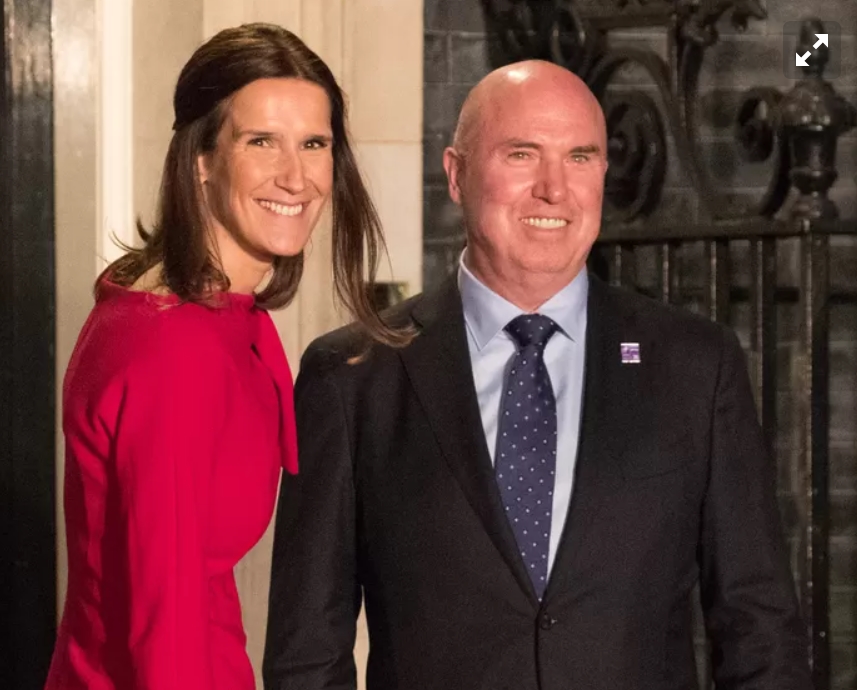Belgium's Foreign Minister Sophie Wilmès has received an outpouring of support following her announcement on Thursday that she is stepping down due to her husband's brain cancer.
"I think I speak on behalf of the whole country as I wish her much strength and courage in what is undoubtedly a very difficult period," said Prime Minister Alexander De Croo. "At a time like this you have to be there for the people around you."
The episode has been seen by some as a positive signal that work no longer takes precedence over one's personal life. De Standaard commentator Inge Ghijs noted that "Well-being and work-life balance are no longer a story for the faint of heart."
The zeitgeist has changed and so have attitudes towards careers. No.1 tennis player Ashleigh Barty retired when she was just 25, saying she had different goals now that "don't necessarily involve traveling the world, being away from my family and being away from home, which is where I've always wanted to be."
Related News
- Belgium’s Deputy PM quits as husband suffers aggressive brain cancer
- A brave new world: European Commission modernises its HR strategy
Mental health and the impact that professional pressure can have has been highlighted by other high-profile personalities. Top athlete Naomi Osaka took time off after revealing that she faced "long bouts of depression". Serena Williams helped end the stigma surrounding mental well-being after admitting that she had battled depression since winning Wimbledon in 2011.
Even the traditional European Commission is catching up to the world of work in 2022 and announced in April that it would adopt a "people-first" approach.
Unthinkable a generation ago
Although family, flexibility and mental health are no longer sacrificed on the alter of a career, it wasn't always this way. Gjis points out how there used to be a culture of working sometimes sixty hours a week and always presenting a strong personality. The job and the company came first; the employee and the individual came last.
The memoirs of former conservative CD&V prime ministers Wilfried Martens and Jean-Luc Dehaene paint a picture of how things were a generation ago. When Martens received news that his 13-year-old son had had a serious accident in Spain, he remembers that "The first hours after that terrible message, I tried not to show my confusion to the other negotiators."
For Dehaene, politics became an escape route when his granddaughter Maaike died from brain cancer in 1997. "Because I wanted to keep this private at all costs, I just had to keep working," he said.
Life is more than work
Brinckman notes that as more women and younger women entered politics, the Verhofstadt government in the early 2000s began more family-friendly polices and started to respect school holidays. That change has continued and Wilmès stepping down is in line with this people-centred approach.
The sentiment was echoed by American Deputy Secretary of State Wendy Sherman as she opened a Friends of Europe gathering in Brussels on Thursday: "At the end of the day, besides all the work that we all do on world affairs, we all also live lives."
"I always tell our incoming Foreign Service officers: when you’ve finished your career… what you have left besides the good work you may have done, are your family and your friends. And so don’t forget them. Make sure you spend time with them... Integrate your work and your life."

